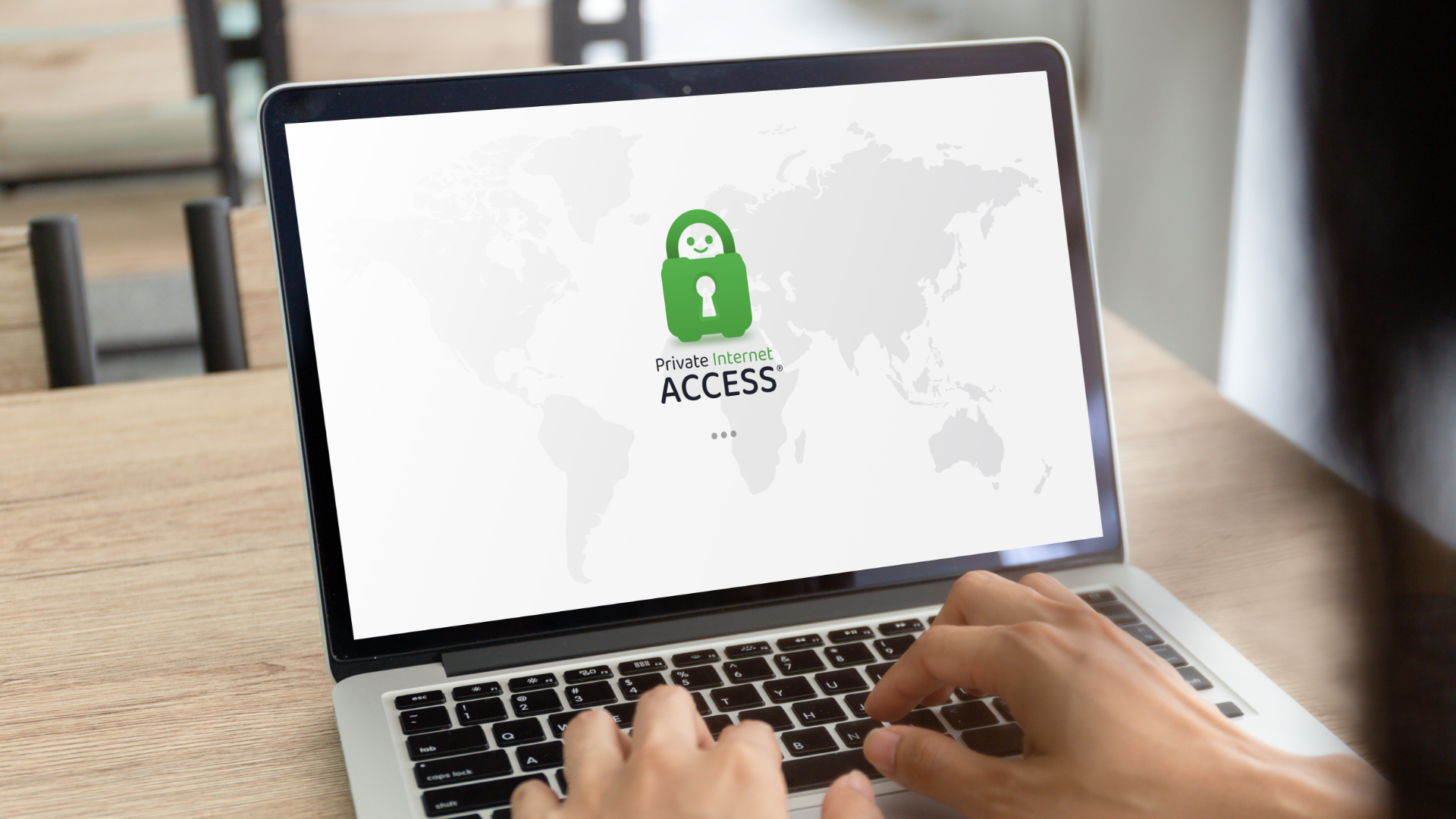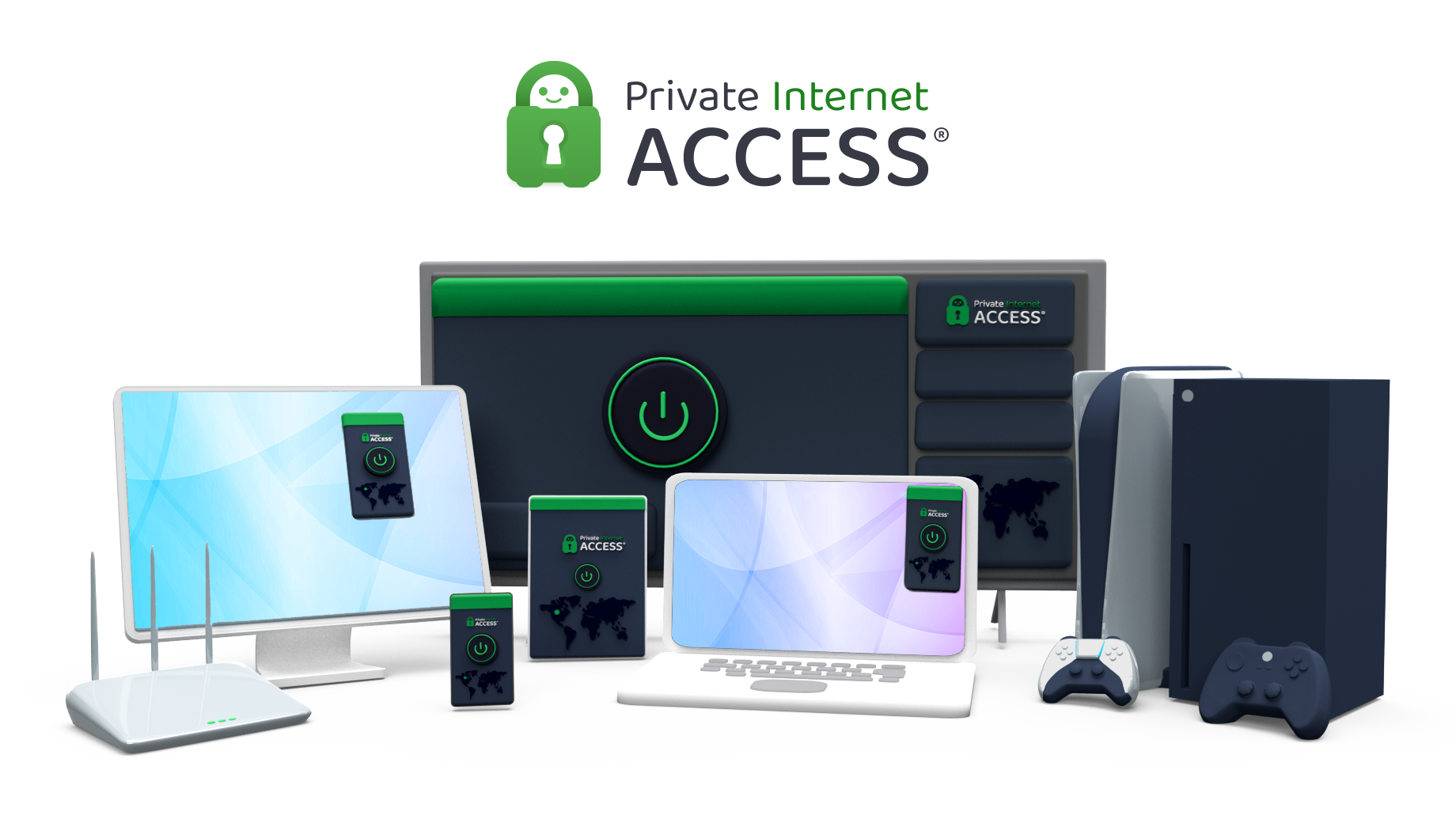Global Accessibility Awareness Day: PIA challenges VPN industry
Private Internet Access seeks to share its new approach to digital accessibility issues

With today marking this year's Global Accessibility Awareness Day, a leading VPN service is challenging its competitors in the industry to raise the bar on digital accessibility.
Private Internet Access (PIA) is doing this by sharing its new approach for developing a more inclusive product—the outcome of a "game changer" collaboration with one blind user.
We talked to Jose Blaya, PIA's Director of Engineering, to find out more about what making online privacy and digital freedom something that everyone can enjoy looks like.
PIA's digital accessibility journey
"We were super lucky to have some customers who came to us and shared with us all the challenges they were facing by using VPNs," Blaya told TechRadar.
He specifically referred to one blind user who first contacted the provider about two years ago, lamenting the struggle to fully use the VPN app together with his screen-reader software.
Common accessibility issues are, in fact, mainly around keyboard, voice over and screen-reader compatibility, as well as making sure text information is understandable without its visual counterpart. Especially with a highly customizable service like PIA, the challenge is enabling every type of user to be able to access all the advanced features on offer.
Working with real people was a game changer for us.
Jose Blaya, Private Internet Access
"We were collaborating very closely for the rest of the application, going one step beyond what we considered to be the standard," he explained, adding that this close back and forth completely changed their overall approach to product development.
Are you a pro? Subscribe to our newsletter
Sign up to the TechRadar Pro newsletter to get all the top news, opinion, features and guidance your business needs to succeed!
Digital accessibility was no longer a box to fill in a long checklist of best practices. Instead, it was understanding the real issues negatively impacting user-experience—spanning from a more accessible UI design to the overall app's architecture. As John Mair, one of the Software Engineer working on this case, describes, that's "a universe with multiple layers."
"It has taught us to make sure that whenever we are implementing a new feature or change, we also need to understand the impact this will have from an accessibility perspective," he said.

According to Blaya, this forward engineering culture is "maybe not what makes us unique, but it's what we do and what we consider should be what our users deserve."
The secure VPN provider is committed to bring its accessibility challenge to the next level. Besides product development, PIA seeks to expand its accessibility initiatives to all its communication platforms, starting with making the website more accessible for all.
The team has also set up a dedicated email address, accessibility@privateinternetaccess.com, to try and get more user feedback on their own specific needs within its products.
"That for me is the most important thing," Blaya told TechRadar. "Working with real people was a game changer for us."
He urged other providers to do the same, listening and working closely with their customers as, according to him, this is the "only way to really deliver a better product."
Other recommendations included thinking about how users may differ, while applying accessibility from the very beginning of the development process. "If you do it at the end, you will pay [the price] at the end of the project."

Chiara is a multimedia journalist committed to covering stories to help promote the rights and denounce the abuses of the digital side of life – wherever cybersecurity, markets, and politics tangle up. She believes an open, uncensored, and private internet is a basic human need and wants to use her knowledge of VPNs to help readers take back control. She writes news, interviews, and analysis on data privacy, online censorship, digital rights, tech policies, and security software, with a special focus on VPNs, for TechRadar and TechRadar Pro. Got a story, tip-off, or something tech-interesting to say? Reach out to chiara.castro@futurenet.com